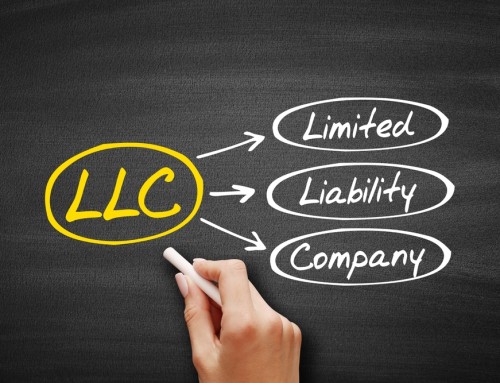Estate planning is essential to ensure your wishes are honored and your assets are distributed according to your preferences. For Arizona families, a will is a critical document that plays a foundational role in estate planning, outlining who should inherit assets and making provisions for minor children. Below, we’ll explore the importance of having a will, how the probate process works, and how it affects your loved ones.
What is a Will and Why Do You Need One?
A will is a legally binding document that outlines who will inherit your assets when you pass away. It also designates a personal representative who will manage your estate and ensure your wishes are followed. In Arizona, if you have minor children under 18, a will can also name a guardian to care for them and a conservator to manage their inherited assets. Without a will, state laws determine who receives your assets, which may not align with your intentions.
Creating a will offers peace of mind, especially for parents, by ensuring that your children’s needs are met if something unexpected happens. Additionally, a will provides clarity for your loved ones, removing guesswork about your wishes. Having this document in place is an important step toward safeguarding your family’s future, reducing the risk of legal battles, and helping family members avoid emotional and financial distress.
Understanding the Probate Process
Probate is a court-supervised process that validates your will, ensuring that it meets Arizona’s legal requirements. During probate, the court appoints a personal representative to carry out the instructions in your will. This representative has several important responsibilities, such as gathering assets, paying off debts, and distributing your estate to your designated beneficiaries. While probate serves an essential purpose, it is often lengthy, costly, and public, which may expose personal financial details.
Probate can last anywhere from several months to a few years, depending on the complexity of your estate, the number of beneficiaries, and whether any disputes arise. The cost of probate, including court fees and legal expenses, can reduce the inheritance available to your beneficiaries. For families with substantial assets, probate can be a source of financial and emotional stress, which is why many people aim to avoid or minimize it.
When Probate Is Necessary—and When It Isn’t
Probate is required when assets remain in your name at the time of your death. For instance, if you own a home, a car, or a bank account solely in your name, these assets would go through probate unless otherwise directed. However, assets that have beneficiary designations, such as retirement accounts, life insurance policies, and certain payable-on-death accounts, may transfer directly to beneficiaries without involving probate.
If your goal is to minimize probate, you can consider tools like beneficiary designations, joint ownership, or trusts, which help bypass the probate process. By structuring your assets properly, you can ease the transition for your loved ones and reduce the costs associated with probate.
Common Mistakes to Avoid When Creating a Will
Creating a will involves careful planning to avoid common mistakes, such as:
- Not Updating the Will Regularly: Changes in life circumstances, such as marriage, divorce, or the birth of a child, may require updates to your will.
- Failing to Name Backup Beneficiaries or Representatives: It’s crucial to name alternates in case the primary beneficiaries or representatives are unable to fulfill their roles.
- Including Non-Transferable Assets in the Will: Avoid designating retirement accounts or life insurance policies in your will; these should have direct beneficiary designations.
- Naming Minor Children as Direct Beneficiaries: This can lead to complications. Instead, consider setting up a trust to manage and protect assets for minor beneficiaries until they reach an appropriate age.
By consulting an estate planning attorney, you can ensure that your will is comprehensive and legally sound, covering every detail that matters to you. This guidance can help you avoid costly mistakes and protect your family from unnecessary legal issues down the road.
Why a Will Alone May Not Be Enough
While a will is a powerful tool, it may not cover all aspects of estate planning. For families with complex assets or significant wealth, combining a will with other estate planning tools, like trusts, provides added protection and flexibility. In addition, separate documents like powers of attorney for financial and medical matters ensure your wishes are respected if you become incapacitated.
A well-rounded estate plan will ensure that your family is prepared for various scenarios, reducing potential conflicts and allowing for a smooth asset transition. Consider speaking with an attorney who can help you create a comprehensive estate plan that addresses all necessary details.
To learn more about how a will can secure your family’s future, book a free consultation with KEYTLaw today.






